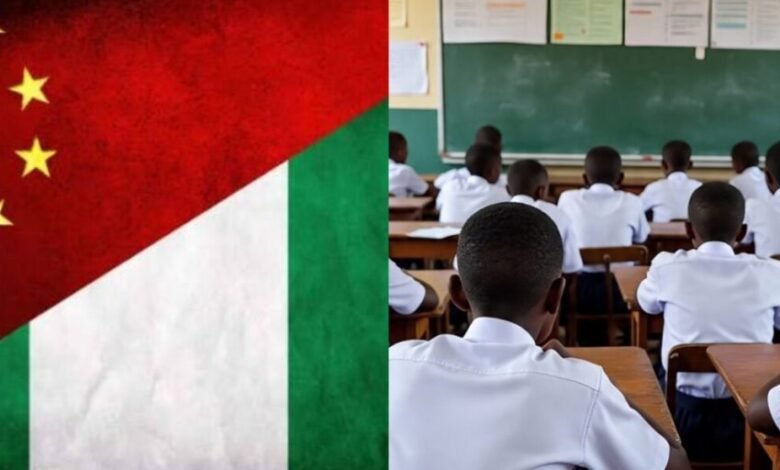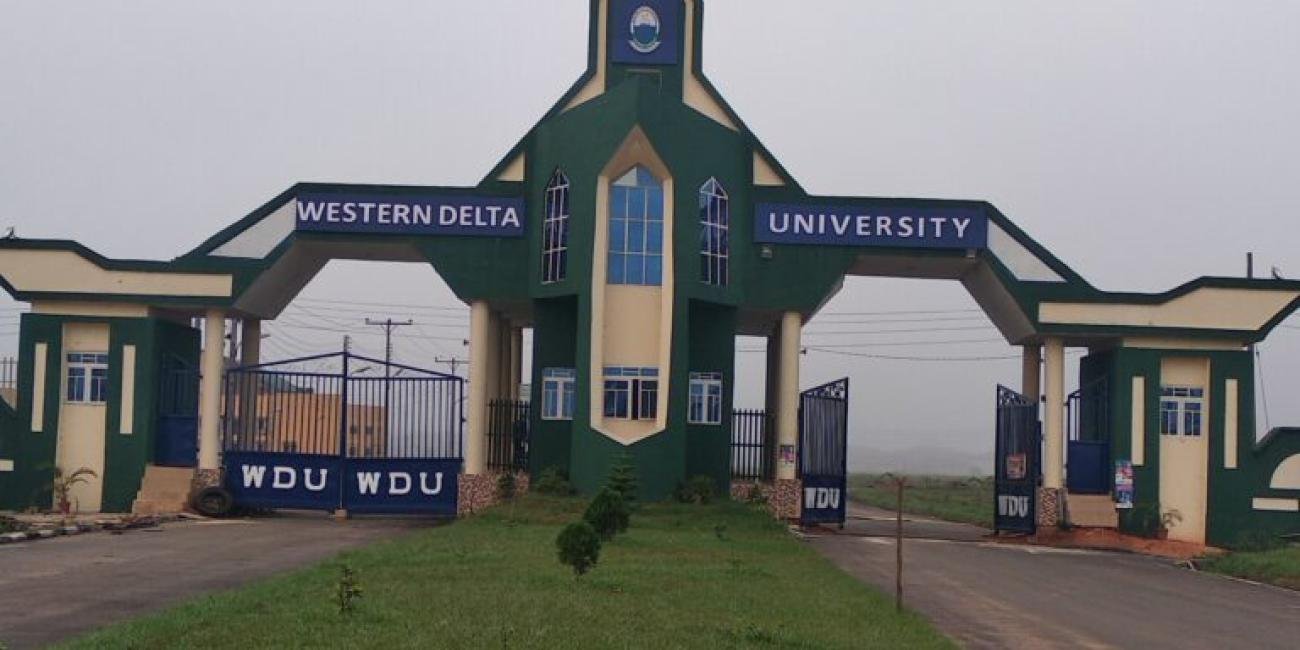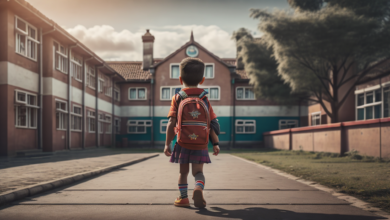Chinese Language Added to Nigeria’s Senior Secondary Curriculum

The Chinese language, Mandarin, has officially been included as one of the foreign languages to be taught in senior secondary schools across Nigeria. The announcement came during the inauguration of the 14th “Chinese Corner” at Government Secondary School, Tudun Wada, Abuja.
Dr. Danlami Hayyo, Secretary of Education for the Federal Capital Territory (FCT), confirmed the development, noting that the recent review of Nigeria’s national curriculum now lists Mandarin alongside other international languages such as French and Arabic. Implementation will begin in the 2025/2026 academic session.
Mandarin’s inclusion reflects its growing global relevance as a language of commerce, education, and tourism. According to Hayyo, the FCT has been ahead of the curve, having introduced Chinese Corners in its schools years earlier.
These cultural and educational centres, sponsored by the China Civil Engineering Construction Corporation (CCECC) and supported by the Chinese Embassy, now number 14 across the territory, with more planned.
“Chinese Corners have greatly enhanced education and cultural exchange between Nigeria and China,” Hayyo said, adding that teachers and staff have also benefited from capacity-building programs in China.
The initiative was also praised by representatives of the Chinese Embassy in Nigeria, who highlighted its role as “a bridge narrowing the hearts of young people” and strengthening friendship between both countries.
Since the first centre was established in 2013, the program has offered resources for Mandarin learning, scholarships in China, and opportunities for cultural exchange.
The new curriculum reflects Nigeria’s commitment to expanding educational opportunities for young people in a globalized world. Just last week, the Chinese Embassy donated 15 sets of Mandarin teaching materials and cultural books to Nigerian secondary schools to further support language learning.
By giving Nigerian students access to one of the world’s most widely spoken languages, the government and its partners are broadening their horizons and safeguarding children’s right to an education that equips them for the future.





